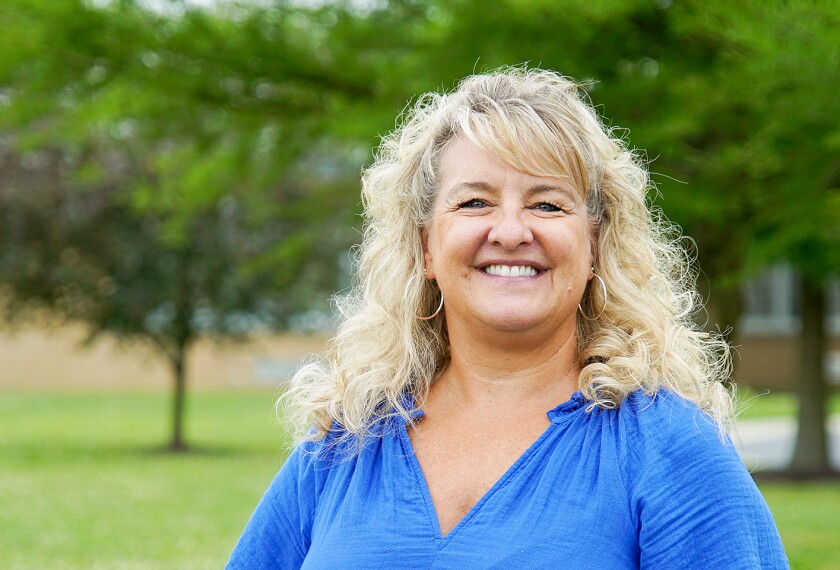As consumer and child-advocacy groups voice objections to a commercial radio venture that aims to outfit school buses with music and advertising that targets children, the safety of offering any radio programming on buses is also being debated.
Bus Radio, a Needham, Mass.-based company, is preparing to launch a new brand of radio programming next month—installing its equipment and programs for free on 800 school buses that transport about 100,000 students in 11 states, according to Steven Shulman, the company’s president. Bus Radio hopes to expand to more districts by next fall, he said.
Critics of Bus Radio have written letters to political leaders, school officials, and potential advertisers, urging them not to endorse what they say is the company’s unseemly mix of education and commerce.
At least one state, New York, has forbidden school districts to use the programming because any school bus radio service that includes commercial promotional activity violates state education law.
For its part, Bus Radio says it will offer a superior alternative to the regular commercial radio that is piped into many school buses every day. Roughly half of all school buses in the nation are equipped with AM-FM radio, Mr. Shulman said.
The company will play music and advertising it says are “age appropriate,” as well as public-service announcements and contests. The equipment and programming will be provided at no cost to districts, which will receive a portion of the advertising revenues. According to Bus Radio, advertisers will include sellers of apparel, entertainment, electronics, and education products.
While criticism of the advertising component has raged, safety is a benefit of the company’s programming that has been overlooked, Mr. Shulman said.
A survey of drivers in a Massachusetts district that experimented with Bus Radio last spring found that student behavior improved and noise levels went down, Mr. Shulman said. In addition to the radio programming, the company’s equipment includes a “panic” button for drivers to push that automatically contacts local emergency agencies and locates the bus on a global-positioning-system network.
“What we are doing is using age-appropriate radio programs and music to soothe the beast on the bus, and, at the same time, offering other safety features that are so important,” Mr. Shulman said.
Tuning Out
But one transportation official said encouraging radios on school buses goes against a trend toward restrictions on those radios since the National Transportation Safety Board weighed in on the matter several years ago.
In a 1995 incident in Fox River Grove, Ill., and a 2000 incident near Consauga, Tenn., trains collided with school buses as they drove over or were parked at a rail crossing, killing and injuring several children. In both cases, the federal safety board found that radios playing at the time of the accidents probably interfered with the drivers’ ability to hear the approaching trains.
Following both accident investigations, the NTSB recommended that radio speakers located near school bus drivers’ heads be disabled, and that states develop guidelines for the use of radio on buses and the placement of speakers.
Most states heeded that advice, said Robin L. Leeds, the industry specialist for the National School Transportation Association, a Washington group that represents privately owned school bus companies.
“There are a lot of buses that have had the capacity to provide commercial radio, but have stopped in the wake of those accidents,” said Ms. Leeds, whose organization neither endorses nor opposes the Bus Radio venture. “While the NTSB recommended that speakers in the drivers’ compartments be disconnected, some states went further, to say that there couldn’t be any radio speakers.”
The head of student transportation for Ohio’s state department of education believes that radios on buses are generally positive, however.
“Radio is actually a good behavior accommodation that keeps kids preoccupied,” said Pete Japikse, who is also the president of the National Association of State Directors of Pupil Transportation, a group based in Boise, Idaho.
“But like anything else, radios on buses have to be managed because there are times during an average route that drivers need to have silence,” he added.





